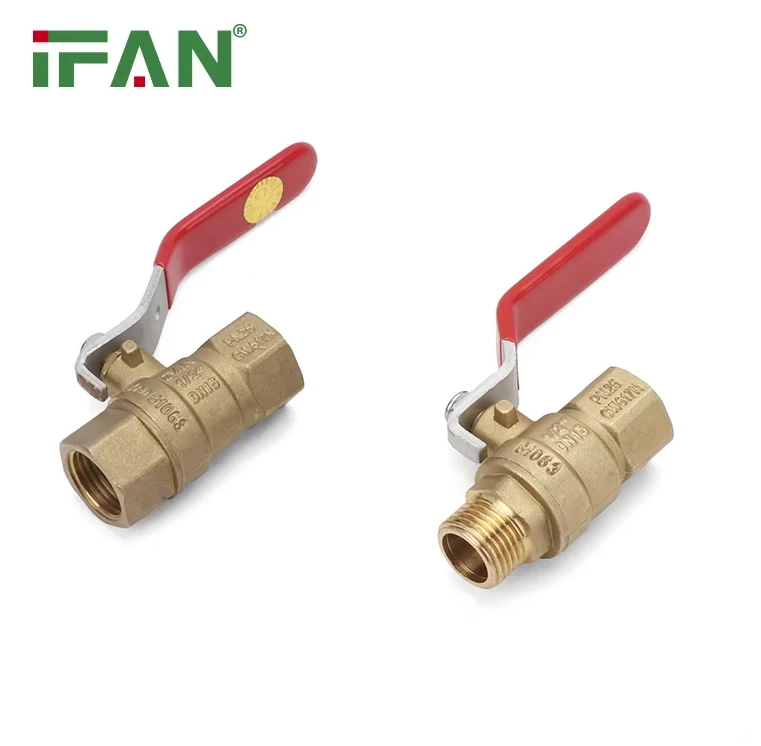Introduction
Ball valves are essential components in controlling fluid flow, and they come in various materials. Brass and PVC are two common choices, each with unique properties. This article explores their differences to help you make an informed decision.
What Are Brass Ball Valves?
Brass ball valves are made from a copper-zinc alloy known for its durability and corrosion resistance. They are commonly used in residential and commercial water systems. Their strength and reliability make them a popular choice.
What Are PVC Ball Valves?
PVC ball valves are made from polyvinyl chloride, a lightweight and cost-effective plastic. They are ideal for applications involving corrosive chemicals or low-pressure systems. Their ease of installation and affordability are key advantages.
Material Strength and Durability
Brass ball valves are stronger and more durable than PVC ball valves. They can withstand higher pressures and temperatures. PVC valves are better suited for low-pressure and non-industrial applications.
Corrosion Resistance
Brass ball valve resist corrosion well but may degrade in highly chlorinated or acidic water. PVC ball valves excel in corrosive environments, such as chemical handling systems. Material choice depends on the fluid being controlled.
Cost Comparison
PVC ball valve are generally more affordable than brass ball valve. Their lower cost makes them suitable for budget-conscious projects. Brass valves, though more expensive, offer long-term value in demanding applications.

Example Use Case
In a residential water supply system, brass ball valve are often preferred for their durability. In a chemical processing plant, PVC ball valves are chosen for their corrosion resistance. Each material suits specific applications.
Installation and Maintenance
PVC ball valve are lightweight and easy to install, requiring fewer tools. Brass ball valve may need more careful installation but require less frequent maintenance. Proper installation ensures optimal performance.
Environmental Impact
Both brass and PVC are recyclable materials, but their environmental impacts differ. Brass is more sustainable in the long term, while PVC’s production involves more chemicals. Choosing eco-friendly options supports sustainability.
Conclusion
Brass and PVC ball valve each have unique advantages depending on the application. Brass valves offer strength and durability, while PVC valves excel in corrosive environments and cost-effectiveness. Understanding their differences helps you select the right valve for your system. Factors like material strength, corrosion resistance, and cost guide the decision. Proper installation and maintenance ensure long-term efficiency and reliability. By considering these aspects, you can optimize the performance of your fluid control system. Both materials provide reliable solutions for various needs.

